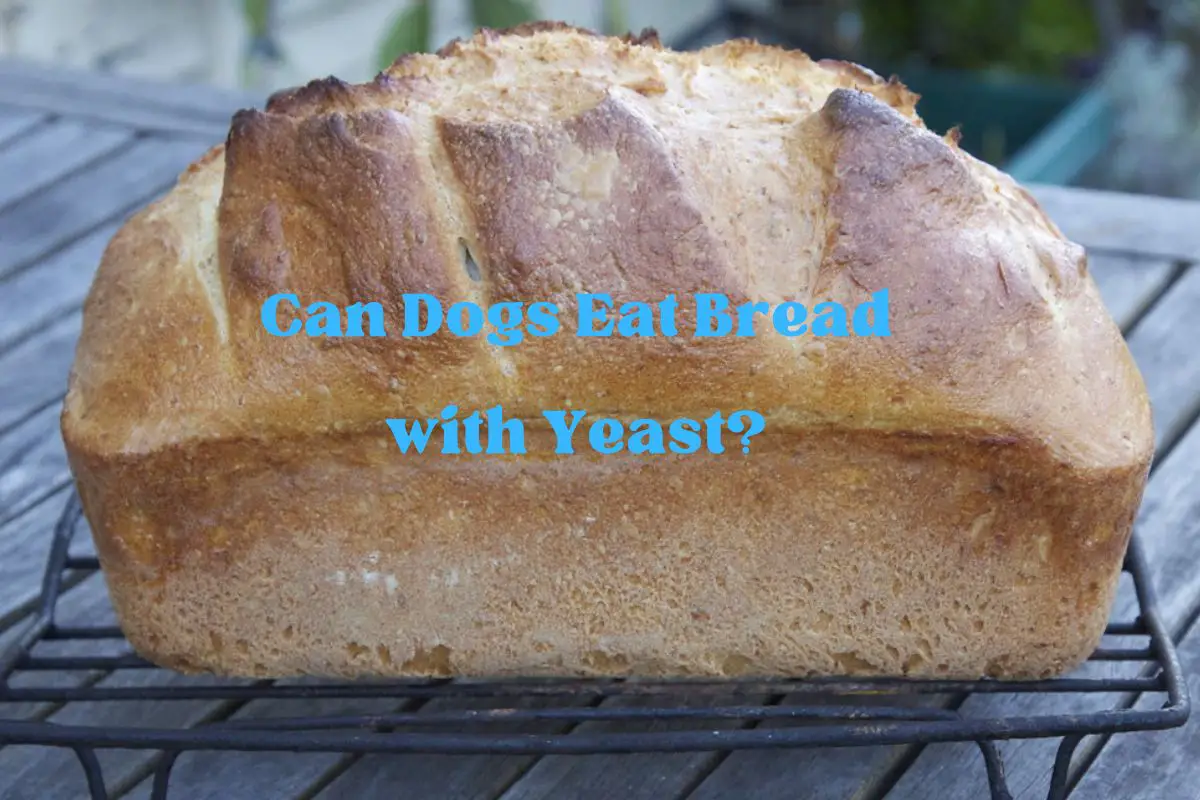Understanding the dangers associated with feeding yeast bread to dogs is critical for all dog owners. Here, we delve deeper into the risks, explaining why such a common human food can be harmful to our canine friends.
Introduction to Yeast and Canine Health
Bread that contains yeast is a staple in many diets around the world. However, when it comes to feeding our furry companions, it’s important to recognize the potential risks associated with yeast products.
The Fermentation Process and Its Effects
Risk of Gastric Dilation
When a dog ingests yeast bread dough, the warm and moist environment of the stomach offers perfect conditions for the yeast to continue rising. This process can significantly distend a dog’s stomach, causing severe discomfort and bloating. In some cases, it may lead to a life-threatening condition known as gastric dilation-volvulus (bloat).
Alcohol Toxicity
During fermentation, yeast produces alcohol as a byproduct. Ingesting dough can lead to alcohol poisoning in dogs, as their bodies are not equipped to metabolize alcohol efficiently. Symptoms of alcohol toxicity in dogs include lethargy, uncoordinated movements, disorientation, and even collapse.
Healthier Diet Options for Dogs
While it’s natural to want to share our food with our pets, it’s essential to prioritize their health and well-being by choosing suitable treats and dietary options. Here are some alternatives and considerations:
Safe Snacks and Treats
- Vegetables and Fruits: Many vegetables (e.g., carrots, green beans) and fruits (e.g., apples without seeds, bananas) are safer and healthier snack options for dogs.
- Commercial Dog Treats: Opt for high-quality, vet-recommended dog treats that are specifically formulated for canine dietary needs.
Balanced Canine Diets
A balanced diet tailored to a dog’s specific nutritional requirements is the cornerstone of good health. Consult with a veterinarian to craft a diet plan that supports your dog’s energy levels, health conditions, and life stage.
Conclusion
While sharing food with our dogs can be a bonding experience, it’s vital to be mindful of what is safe for them to consume. Bread made with yeast can pose serious health risks to dogs, including stomach distention and alcohol poisoning. Opting for healthier alternatives and consulting with a vet can ensure that your dog maintains a balanced diet and a happy, healthy life.
Always remember, when in doubt about feeding your dog a new food, it’s best to err on the side of caution and seek professional advice.

